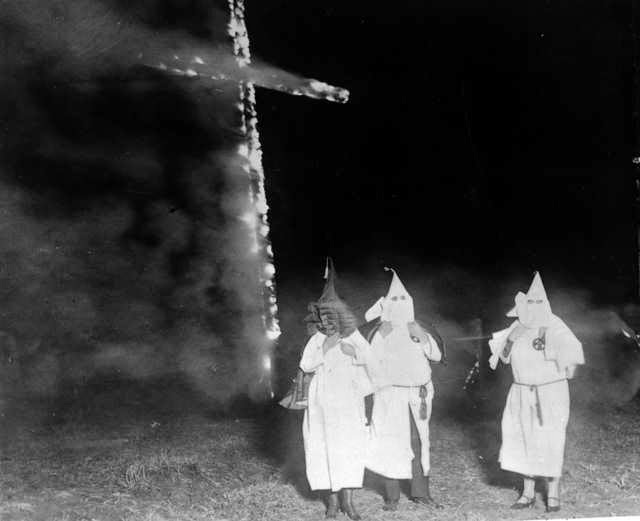These questions have become centrally important in recent days as the furor continues to pour forth from Indiana's passage of their Religious Freedom Restoration Act. The statute is modeled on the versions passed overwhelmingly by the Federal government and signed into law by Bill Clinton, yet detractors state the Indiana law is a license to discriminate against homosexual patrons. Such a leap hasn't ever happened in all the other states that have similar laws, but such trivialities seem to matter not to those who are outraged.
However, if the RFRA is a bad idea, then how do you fight against it? In previous years, we had a word we used for one who thoughtfully approached his choices. We would call someone who exhibited good judgment a discriminating man. When seeking to resist bad ideas, one can become a discriminating individual. You may choose to not patronize an establishment who holds the idea with which you disagree. Or perhaps as a business owner you may choose to no do business where it could imply that you support such an idea. Tim Cook seems to feel the Apple boycott of the state of Indiana is his right because he simply standing for "what is just and fair." He is being a discriminating man in his business choices.
Ideas versus People
But here's the thing in all this. There is a difference between discriminating against ideas and discriminating against people. Ideas have merit based on their claims and how they best represent the world. Sane people should always discriminate when weighing ideas. We need to know the facts and we need to see if the idea plays out the way it is said to play out. There may be ideas that are bad and there may be ideas that are evil.But there is a real difference between being discriminating and being a discriminator. The charge of discrimination carries with it the concept that you are excluding a group for no good reason. It is an unwarranted bias that drives your selection. That's a big difference from being selective about ideas based on their merits. The difference between being discriminating and being a bigot are vast, but those differences are getting lost in the Indiana controversy.
Who's discriminating now?
As I laid out the attributes of being discriminating above, they could be equally applied to those who support the RFRA as well. What if legislation that undercuts religious freedom is the bad idea that needs to be fought against? What if the business owner isn't Tim Cook but a photographer or baker that simply doesn't want to be forced to participate in an event with which he doesn't agree? Where is the difference?People should have the right to discriminate against ideas; otherwise there would be on recourse left to us whereby we can fight the bad ones. Don't mix that up with bigotry. The two are wholly different.
References
Image courtesy Frits Ahlefeldt-Laurvig and licensed via the Creative Commons Attribution-NoDerivs 2.0 Generic License.




